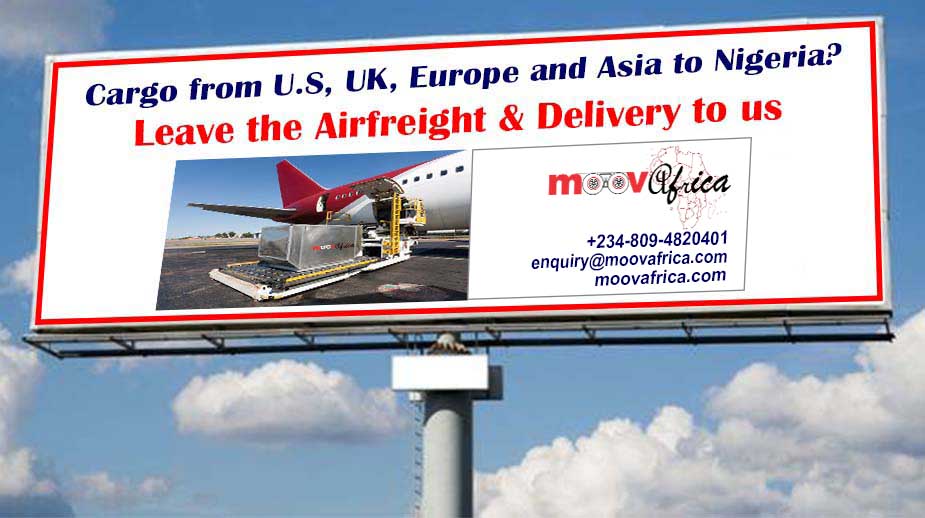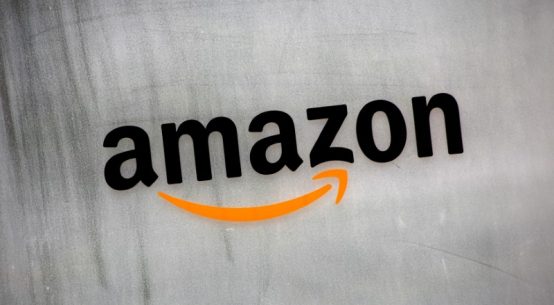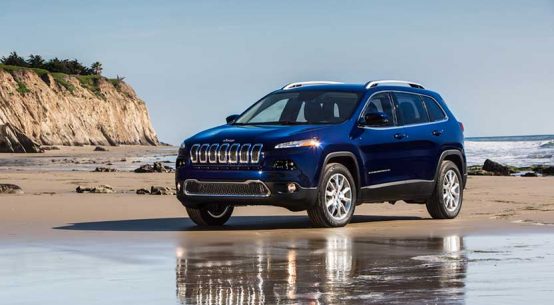Toyota’s ‘e-Palette’ is a weird, self-driving vehicle
Las Vegas (Detroit News) — The automotive industry is finally getting ready to deliver on its long-promised future of advanced, driverless cars. To get to the marketplace first, companies are pairing off to share technology and co-develop business models.
The latest of those pairings came Monday when Toyota Motor Corp. announced at the CES technology show it is joining forces with five other companies — including Uber, Amazon and Pizza Hut — to develop an autonomous pod-like vehicle called the e-Palette that’s a blank canvas to be presented in a variety of ways: An illustration shows it being used for everything from a rolling sneaker store, to a mobile pizzeria, to an on-site laboratory.
Imagine your Ad placed here
“I would argue that we are moving from software to a platform as the thing we’re all after,” Toyota president Akio Toyoda said at the reveal of the e-Palette concept vehicle at CES. “It’s a platform that will be the backbone of mobility-as-a-service for autonomy, for car-sharing, for any number of services that we want to make possible.”
But Toyota isn’t building this business model, or even the vehicle, for solely its own benefit. The e-Palette is essentially customizable and can support another company’s own autonomous system with Toyota’s own technology acting as a backup safety net, much like the automaker’s technology already does for human drivers.
Toyota’s six-way partnership differs from some recent alliances like self-driving startup Aurora’s recent partnerships with Volkswagen AG and Hyundai Motor Co. to help those automakers speed robotic car development. Sam Abuelsamid, an automotive analyst with Navigant Research, said Toyota’s e-Palette alliance strategy is less about developing technology and more about finding the right models for making self-driving cars a viable business.
“What they’re trying to do is pull together platforms that enable maximizing utilization of these vehicles,” he said.
That increased use is key in offsetting the initial cost for any customer, given that the complex vehicles will be pricey.
Other partnerships abound at CES this year. Automotive chip-maker Nvidia is joining forces with the likes of Uber and Volkswagen AG to implement its technology.
And Byton, a brand born out of the Chinese electric-car company Future Mobility Corp. and founded by two former BMW executives, rolled out its first-ever vehicle amid a flurry of fog and bubbly techno music at the Mandalay Bay hotel in Las Vegas this week. The battery-electric car was made possible in part by a Bosch-supplied powertrain.
Byton says its $45,000 cars, which are outfitted with Amazon’s Alexa digital assistant and are claimed to drive 320 miles on a single charge, will hit the market late next year.
Other companies, including Hitachi Automotive Systems Inc., are still looking for a big dance partner in the autonomy space. The Farmington Hills-based automotive supplier demonstrated a suite of autonomous technologies with its subsidiary Clarion at CES, including two remote parking systems that integrate into an existing vehicle’s infrastructure.
An Infiniti Q70 sedan with the park-by-memory system operated as though a ghost were in the front seat when it switched into autonomous mode, with the steering wheel whirling to complete a three-point turn out of a parking space and the gear-shift moving from reverse to drive on its own.
But the system, which Hitachi said is ready for market, doesn’t have a buyer yet. And suppliers like Hitachi and Clarion have new competition in Silicon Valley startups like Aurora.
Chris Brua, Clarion’s director of product strategy, said top suppliers need to be competitive. “But we don’t need partners for tech, we can do that ourselves,” he said. “And we have Silicon Valley offices of our own.”
For more Logistics News, Follow us on TWITTER Follow us on FACEBOOK
From a development standpoint, Brua may end up being right about keeping it simple. Eventually, there may be too many cooks in the kitchen.
“Up to a point, adding more resources will make things move along quicker,” Abuelsamid believes. “In any kind of development process, there’s a point at which adding more bodies and more eyes does not necessarily make things faster.”











